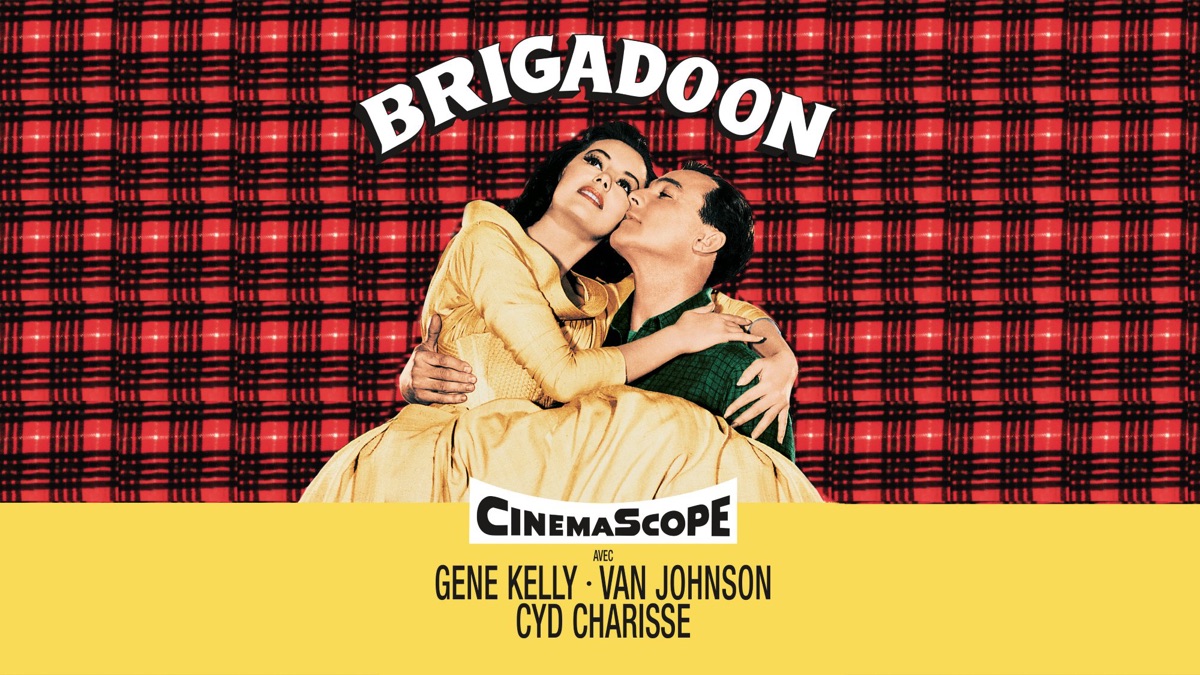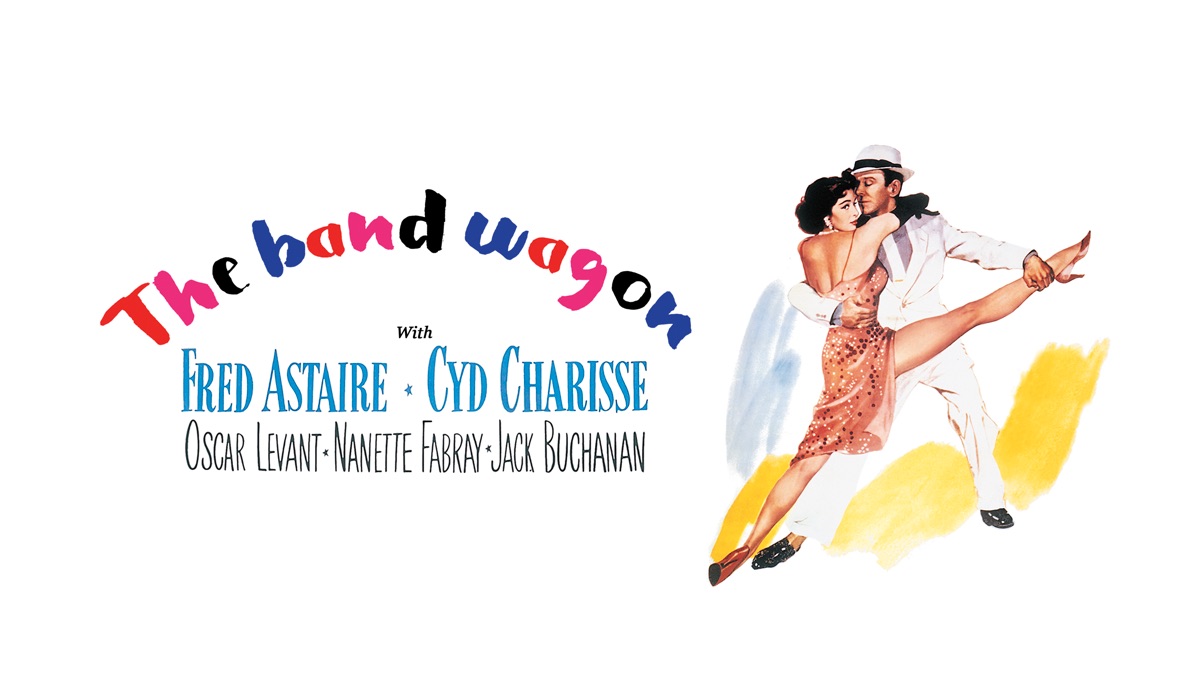
Citizen Kane was a cinematic achievement for its time and the film has only grown in stature to become an all-time classic over the years. Starting this week, the film is also available on 4K Ultra HD through The Criterion Collection.
Initially, Citizen Kane was a forgotten film. One thing that would help bring it back to the forefront was the praise of critics in France. It also helped that the film was given another release in 1956 and also benefited from RKO selling its theatrical library to television. Combined with an essay by Andrew Sarris in Film Culture, things would certainly start looking up for Citizen Kane in America.
To this date, Citizen Kane also re-airs frequently on TCM. Nothing on streaming is permanent so I always encourage the ownership of physical media. You certainly cannot do wrong with own the Criterion 4K UHD! This also marks the first time that the film is available in this format.
The big mystery surrounding the film is the mysterious Rosebud. Everyone starts wondering who Rosebud could be. A mistress, maybe? It’s not a who but a what. This is an instance where co-writer Herman J. Mankiewicz drew upon his own childhood experiences with losing a beloved bike. Mank never forgot this incident and used it in the film. Instead of his beloved bike, the film uses a sled, named for 1914 Kentucky Derby winner Old Rosebud. Charles Foster Kane (Orson Welles) would refer to his beloved sled as Rosebud. For more on this insight and more, I highly recommend reading The Brothers Mankiewicz by Sydney Ladensohn Stern.
The gist of the film is that Kane dies and the film soon goes into his life story. Kane lays dying on his deathbed inside his Florida mansion Xanadu. Holding a snow globe in his hand, all Kane can speak is “Rosebud” before his last breath. The globe crashes to ground in one of the most iconic moments in cinema history. A News on the March reporter, Jerry Thompson (William Alland), is assigned by his producer to figure out the mystery pertaining to Rosebud. Kane’s wife, Susan Alexander Kane (Dorothy Comingore), won’t talk with him. Thompson next looks into banker Walter Parks Thatcher’s (George Coulouris) memoirs. It is through these memoirs that Thompson learns more about the now-deceased Kane.
Between gold found in one of Mary Kane’s (Agnes Moorehead) mines and Thatcher’s own investments, Kane was well on his way to wealth when he turned 25. He would take over the New York Inquirer newspaper before selling to Thatcher when the stock market crashed.
While still married to first wife Emily Norton (Ruth Warrick), Kane runs for Governor. Maybe it’s just incredible foresight but watching last year, a person like Donald Trump could easily serve as one of the film’s inspirations. Or maybe even Rupert Murdoch? Anyway, Kane is cheating on his wife with Susan Alexander during the campaign. Suffice it to say, he gets caught by rival Jim W. Gettys (Ray Collins) and the scandal ends his political career. He takes to building an opera house for Susan after practically forcing her into a career in opera.
Mank wrote the large majority of the script according to Stern’s book. I’m not going to get into the legal drama that transpired over his on-screen writing credit. Let’s just say things got dramatic. Nevermind the drama with Welles, Kane himself is a satire of the newspaper barons of the era, mainly one William Randolph Hearst. Mank knew him in real life and so it made sense to draw on Hearst as the main root of the film’s satire.
There’s controversy over the basis of Susan Alexander Kane. Hearst assumed that Kane’s wife was based on his mistress, actress Marion Davies. Welles credits these aspects to the lives of Samuel Insull and Harold Fowler McCormick. But hey, mistresses were not uncommon during this era. However, the assumption is why Hearst decided to do whatever he could to kill the film’s chances at the box office.
There is so much to appreciate about the classic. Bernard Herrmann handles the film’s scoring duties years before haunting us with his work on Psycho and other Hitchcock films. If it ever comes up as a trivia question, this is his first film score. Future film director Robert Wise edited the film. The sound design in Citizen Kane would go onto influence Wise’s own choices when he transitioned to directing. And now this brings us to cinematographer Gregg Toland. Toland was a prolific cinematographer when he passed away in 1948 at the young age of 44. Behind the camera, he mastered the deep focus technique. Toland’s experience also came in handy when you take into account that Welles was a fresh director behind the camera.
Would the lighting in this film be the same without Gregg Toland? I don’t know. What I do know is that Toland’s knowledge helped with the lighting choices on set. Moreover, it is on this film where he would master the deep focus–aided by set designer Perry Ferguson. Toland worked with Kodak when it came to the film stock.
A lot of the techniques in Citizen Kane had been used before. The film puts everything together for one of the first times in cinema history. In terms of storytelling, the film doesn’t use the traditional narrative approach. Instead, it flashes back and relies on multiple narrators so to speak–a first for this point in Hollywood history. Outside of Toland’s cinematography, the sound design would mark another Hollywood innovation.
Be sure to also check out the current exhibit at the Academy Museum of Motion Pictures!
Bonus Features
- New 4K digital restoration, with uncompressed monaural soundtrack
- In the 4K UHD edition: One 4K UHD disc of the film presented in Dolby Vision HDR and three Blu-rays with the film and special features
- Three audio commentaries: from 2021 featuring Orson Welles scholars James Naremore and Jonathan Rosenbaum; from 2002 featuring filmmaker Peter Bogdanovich; and from 2002 featuring film critic Roger Ebert
- The Complete “Citizen Kane,” (1991), a rarely seen feature-length BBC documentary
- Interviews with critic Farran Smith Nehme and film scholar Racquel J. Gates (NEW)
- Video essay by Orson Welles scholar Robert Carringer (NEW)
- Program on the film’s special effects by film scholars and effects experts Craig Barron and Ben Burtt (NEW)
- Interviews from 1990 with editor Robert Wise; actor Ruth Warrick; optical-effects designer Linwood Dunn; Bogdanovich; filmmakers Martin Scorsese, Henry Jaglom, Martin Ritt, and Frank Marshall; and cinematographers Allen Daviau, Gary Graver, and Vilmos Zsigmond
- Documentary featuring archival interviews with Welles (NEW)
- Interviews with actor Joseph Cotten from 1966 and 1975
- The Hearts of Age, a brief silent film made by Welles as a student in 1934
- Television programs from 1979 and 1988 featuring appearances by Welles and Mercury Theatre producer John Houseman
- Program featuring a 1996 interview with actor William Alland on his collaborations with Welles
- Selection of The Mercury Theatre on the Air radio plays featuring many of the actors from Citizen Kane
- Trailer
- English subtitles for the deaf and hard of hearing
- PLUS: Deluxe packaging, including a book with an essay by film critic Bilge Ebiri
For information regarding the Blu-ray and getting Disc 1 replaced, please click here.
DIRECTOR: Orson Welles
SCREENWRITERS: Herman J. Mankiewicz and Orson Welles
CAST: Orson Welles, Joseph Cotten, Dorothy Comingore, Everett Sloane, Ray Collins, George Coulouris, Agnes Moorehead, Paul Stewart, Ruth Warrick, Erskine Sanford, William Alland





